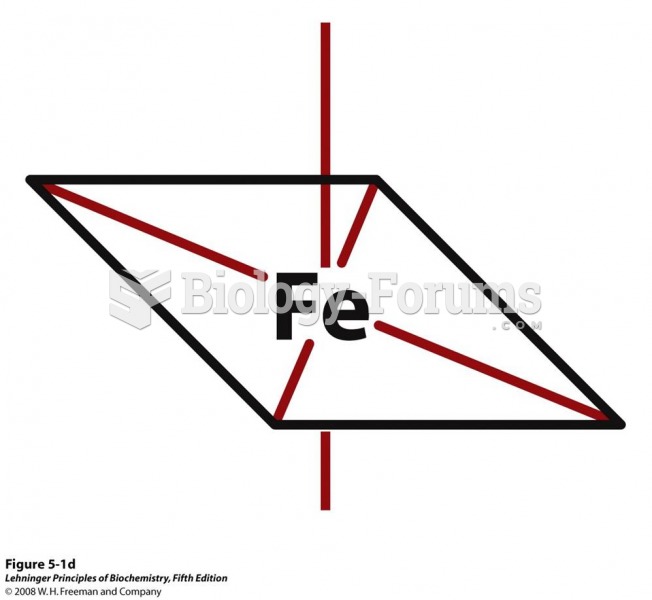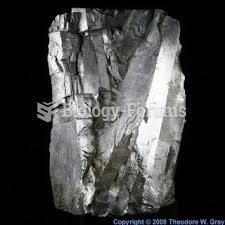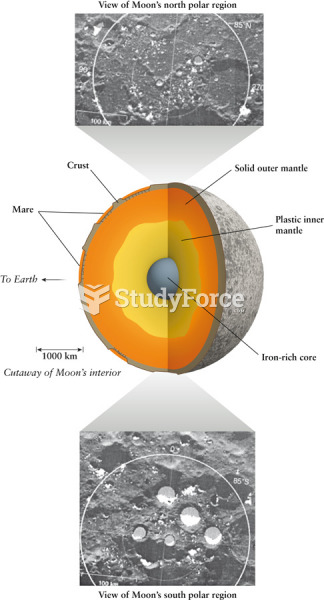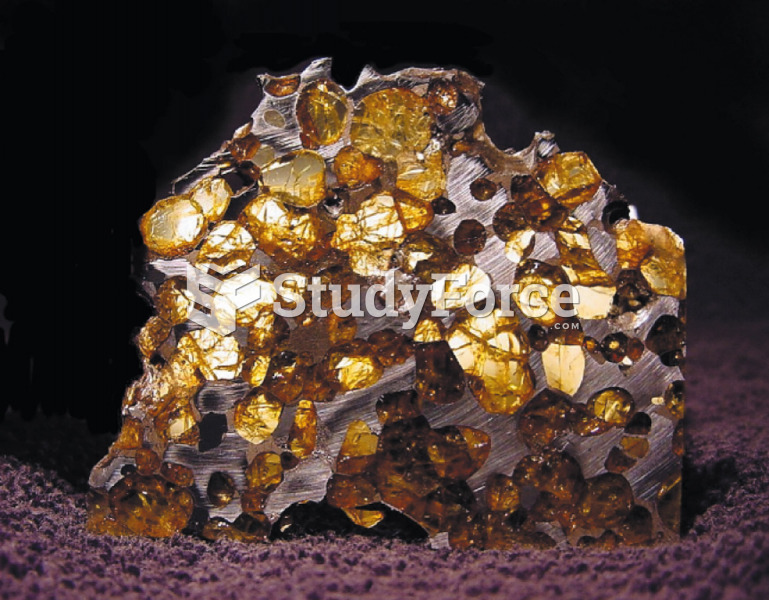|
|
|
In Eastern Europe and Russia, interferon is administered intranasally in varied doses for the common cold and influenza. It is claimed that this treatment can lower the risk of infection by as much as 60–70%.
When blood is deoxygenated and flowing back to the heart through the veins, it is dark reddish-blue in color. Blood in the arteries that is oxygenated and flowing out to the body is bright red. Whereas arterial blood comes out in spurts, venous blood flows.
When blood is exposed to air, it clots. Heparin allows the blood to come in direct contact with air without clotting.
The first oncogene was discovered in 1970 and was termed SRC (pronounced "SARK").
After a vasectomy, it takes about 12 ejaculations to clear out sperm that were already beyond the blocked area.







